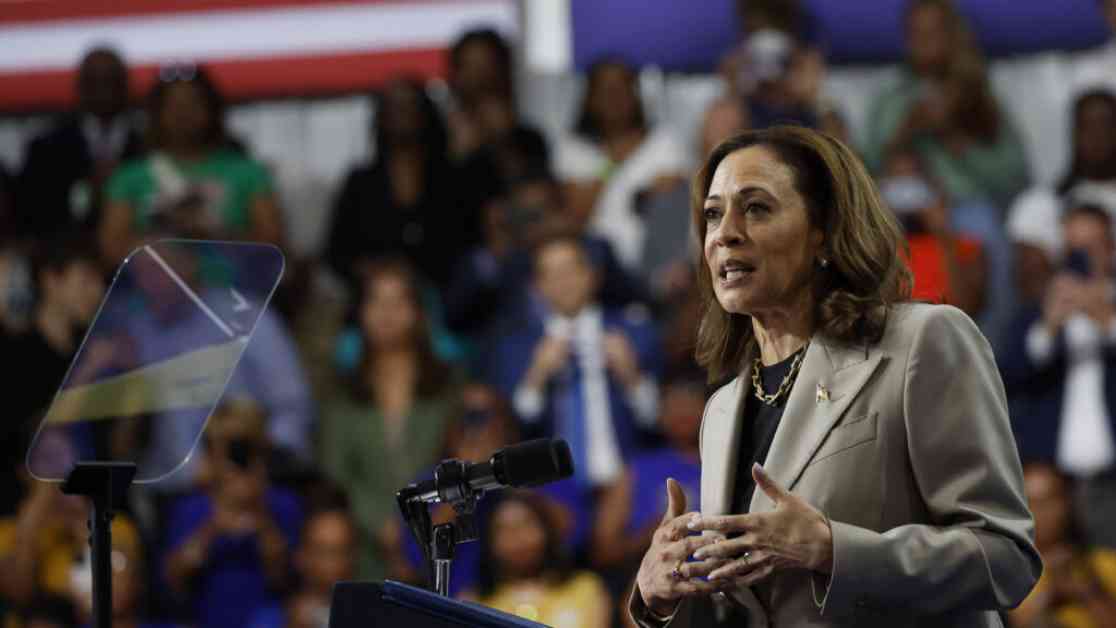Vice President Harris has made a bold promise to eliminate billions of dollars in medical debt if elected president this fall. This plan, revealed as part of a comprehensive platform to reduce economic burdens on Americans, represents a significant progressive policy goal. It goes beyond the Biden administration’s recent efforts to exclude medical debt from credit reports and previous Covid-19 relief measures aimed at addressing debt issues. However, erasing over $200 billion in medical bills nationwide would require unprecedented cooperation between Congress, state governments, and the White House.
Harris, along with her running mate Minnesota Governor Tim Walz, expressed their commitment to working with states to implement this plan. They emphasized the importance of ensuring that individuals do not face financial ruin simply because they have fallen ill or been injured. The Biden administration had previously allocated approximately $7 billion in the American Rescue Plan to alleviate medical debt for an estimated 3 million Americans. While the exact total amount of medical debt owed by Americans is challenging to determine, government surveys suggest it could exceed $220 billion according to a KFF analysis.
In addition to addressing medical debt, Harris also announced her intention to expedite Medicare negotiations for drug prices, echoing President Biden’s recent comments during the State of the Union address. The details of this acceleration process remain unclear, as currently, medications must be on the market for at least nine or thirteen years before becoming eligible for negotiation. Furthermore, the negotiation process itself can take several years before the new prices come into effect.
Furthermore, Harris proposed extending popular provisions of Biden’s drug pricing reform, which are currently restricted to the Medicare program, to all Americans. These include capping insulin costs at $35 per month and limiting out-of-pocket spending on prescription drugs to $2,000 per year. While Democrats initially attempted to expand these benefits, procedural obstacles hindered their efforts.
Efforts to broaden the scope of insulin copay caps have encountered obstacles in the Senate, with disagreements arising over whether the policy should apply to uninsured patients. The political pressure to resolve this issue has diminished as Biden’s reforms have taken effect and pharmaceutical companies have expanded their assistance programs.
Harris also took aim at former President Trump in her platform, accusing him of planning to repeal the Affordable Care Act and promoting “Project 2025,” a conservative think tank agenda that Trump has distanced himself from in recent weeks. Trump, however, stated that he intends to maintain the Affordable Care Act unless a better alternative can be devised. This marks a departure from the Republicans’ repeated attempts to repeal and replace the law during Trump’s first term.
The Trump campaign criticized Harris’ platform, characterizing it as advocating “socialist policies like price controls…and [Sen.] Bernie Sanders’ elimination of private healthcare.” Harris unveiled her platform ahead of a rally in North Carolina, which coincides with the upcoming Democratic National Convention in Chicago.
With the healthcare landscape continuing to evolve, Vice President Harris’s ambitious proposals signal a potential shift towards a more comprehensive and affordable healthcare system for all Americans. As the election approaches, the debate over healthcare reform will undoubtedly remain a central issue for voters.

















